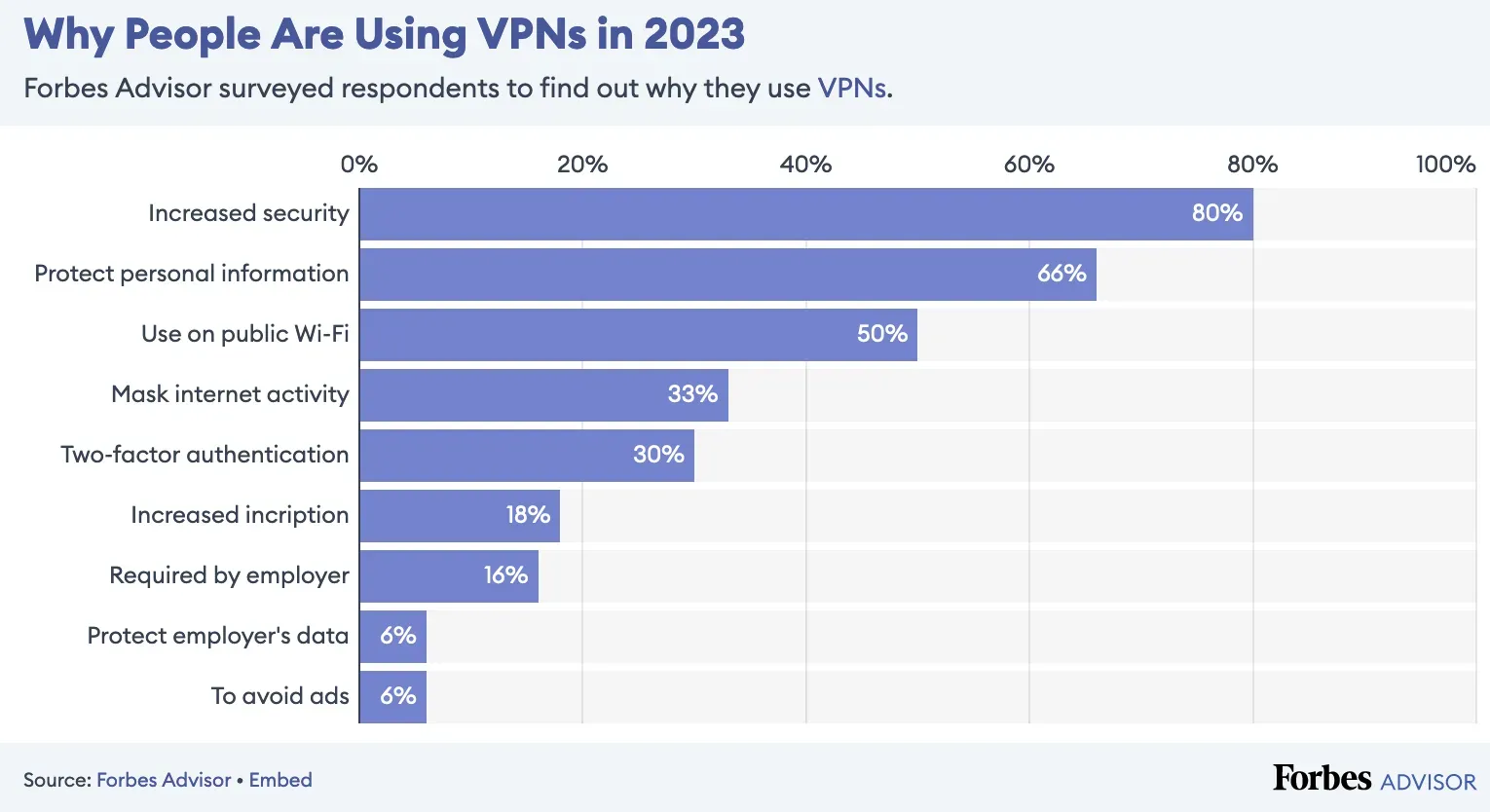
In today's digitally-driven world, mobile devices have become ubiquitous, serving as essential communication, information, and entertainment tools. As of the latest stats, the global landscape of mobile internet users reached an impressive five billion+, accounting for over 60% of the world's internet population.
This surge in mobile internet usage clearly indicates the increasing reliance on mobile devices, with a forecast for continued growth. Affordable and accessible mobile technologies are moving this trend, especially in developing digital markets where mobile networks are often the primary source of internet access.
The dominance of mobile internet is further evidenced by its nearly 60 percent contribution to total web traffic. This figure climbs even higher in mobile-first regions across Asia and Africa.

Amidst this mobile-centric landscape, digital security is paramount, and the best VPN app for Android emerges as a crucial tool. VPNs, or virtual private networks, are no longer restricted to business use; they have become vital for personal and family digital security.
Initially, businesses largely employed VPNs for secure remote access, but their adoption has significantly broadened. Today, VPNs serve a dual purpose: they enhance personal online privacy and enable access to geographically restricted content, all while safeguarding users from potential internet threats.
The growing popularity of VPNs is reflected in recent statistics, revealing a shift towards personal use over business applications. While VPNs were once predominantly used on desktops and laptops, mobile devices are rapidly catching up, highlighting the need for robust security solutions like VPN apps for smartphones.
This trend is particularly relevant in regions with escalating internet usage, where users increasingly opt for VPNs to protect their online activities on public and private networks.
| What Devices Do People Use VPNs On |
Respondents' Answers | VPN Usage Frequency (Mobile Users) |
VPN Usage Frequency (PC/Laptop Users) |
|---|---|---|---|
| iOS | 52% | 32% (Daily or Almost Daily) |
29% (Daily or Almost Daily) |
| Android | 37% | 11% (4-5 Times a Week) |
14% (4-5 Times a Week) |
| Windows | 6% | 61% (At Least Once a Week) |
59% (At Least Once a Week) |
| MacOS | 3% | - | - |
Securing Your Mobile Digital Experience with McAfee

McAfee is a fully comprehensive security system designed to meet the evolving demands of digital safety. It incorporates various features to protect personal and business data across various devices. A key component is McAfee Scam Protection, which employs AI to analyze text messages for potential risks, providing preemptive alerts about unsafe links.
The suite also includes a robust Antivirus and Virus Scanner, effectively detecting and neutralizing malware and spyware. For users frequently accessing public Wi-Fi, the Unlimited Secure VPN feature offers an added layer of security, encrypting data and masking IP addresses to safeguard online activities. Additionally, Identity Monitoring continually scans for personal data breaches, offering peace of mind.
McAfee also addresses digital footprint concerns with Personal Data Cleanup, helps monitor financial transactions, and provides credit monitoring services. Users can tailor their security experience by choosing from various plans, each offering a different level of protection.
The Growing Importance of VPNs in the Digital Age
Virtual Private Networks (VPNs) have become increasingly essential in today's digital landscape, where various online threats often compromise personal privacy.
Recent studies have shown that about 33% of all internet users rely on VPN services to maintain their privacy and security online. This usage reflects the rising concerns over data privacy among internet users worldwide.
Interestingly, the demographic breakdown reveals that a substantial portion of VPN users, approximately 39%, are aged between 16 and 24, indicating a keen awareness of digital security among younger generations.
Furthermore, the VPN market, valued at $44.6 billion in 2022, is projected to grow significantly, reaching an estimated $75.59 billion by 2027, underscoring the increasing reliance on these services for secure internet access.
VPN Usage Across Devices and Purposes
Regarding device preferences, there's a notable trend in VPN usage. According to Forbes, 69% of internet users employ VPNs on their mobile devices, while 72% use them on desktops or laptops. This data highlights the importance of VPNs across various platforms, with a slightly higher preference for desktop usage.
The primary reasons for using VPNs vary, with around 43% of users employing them for security purposes and about 26% for streaming video content, demonstrating the versatility of VPNs in catering to different online activities.
It's worth pointing out that more than 56% of all VPN users access services like Netflix monthly, suggesting that VPNs are not just tools for security but also gateways to a broader range of online content.
In summary, VPNs are increasingly important in today’s times. As we face a world filled with cyber threats and privacy challenges, the best VPN apps are vital tools for ensuring online security and freedom. These apps protect personal and business data and open doors to a broader array of online content, making them indispensable in our interconnected world.